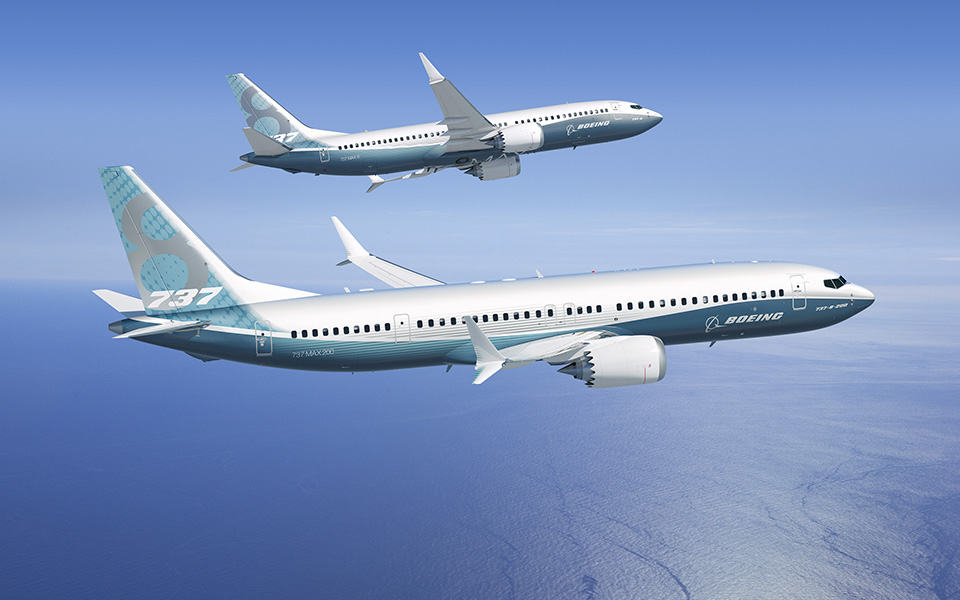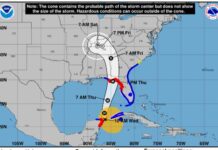
Both American Airlines and United Airlines have announced today that they are pulling Boeing’s 737 Max planes from their schedules due to ongoing issues with the plane model. On Monday, American Airlines announced that the 737 Max will be grounded from now until early November. A similar announcement came from United Airlines on Friday.
Boeing has faced intense scrutiny from both federal regulators and the public after two fatal plane crashes in October and March killed a total of 346 people, first in Indonesia and then in Ethiopia. The crashes are believed by the Federal Aviation Administration (FAA) to have been caused by software issues in the 737 Max’s autopilot system. The FAA and its global counterparts ordered all 737 Max planes to be grounded in March after the second crash in Ethiopia.
This most recent round of grounding comes after the FAA discovered a new software issue in the process of fixing the old one. The issue is not expected to be resolved until at least September, and the Max 737 will only be deemed sky worthy after a lengthy testing process. As a result, the flight cancellations are expected to continue through the Thanksgiving and Christmas seasons.
The groundings have already had a dramatic effect on flying this summer. This month, United has had to cancel around 40 flights a day, and that number is expected to increase to 60 per day in August, 70 per day in September, and 95 per day in October. American Airlines has been cancelling around 115 flights per day and has lost $185 million in revenue. Southwest Airlines has been cancelling around 150 flights a day. On top of the cancellations, both Boeing and Southwest are facing lawsuits and government investigations over claims that the companies knew about the issues with 737 Max, but sold tickets to customers anyway.
Delta Air Lines, meanwhile, which never used the 737 Max, reported marginal gains as a result of their rival’s struggles. With no guarantee that the issue with the 737 Max will be resolved anytime soon, industry experts warn that the cancellations mean increased prices and less selection for consumers, and advise that travelers purchase their tickets as soon as possible. Travel headaches are widely expected during the holiday season as the companies affected scramble to consolidate and rearrange their flight schedules, which are planned months and even years in advance.










